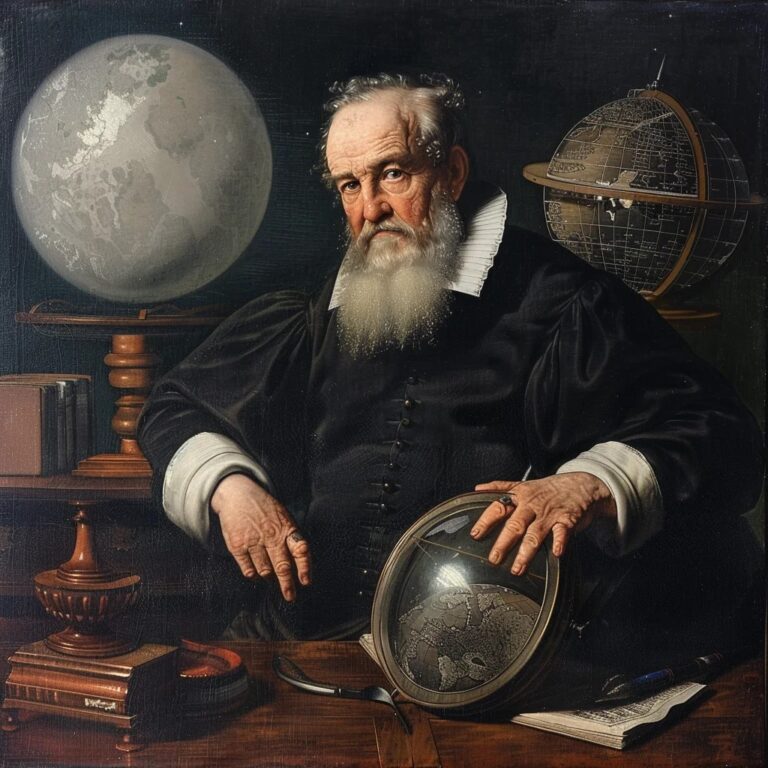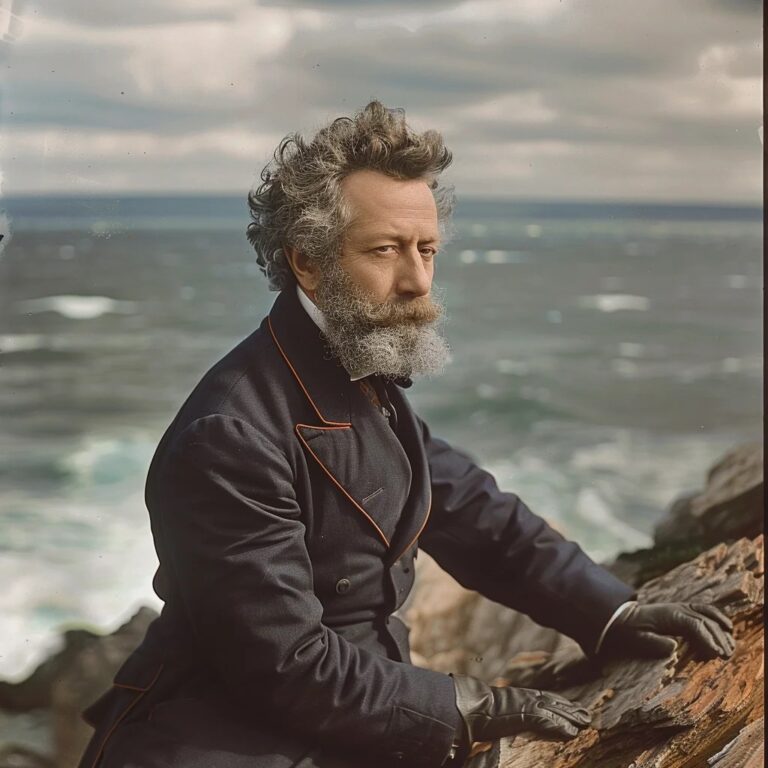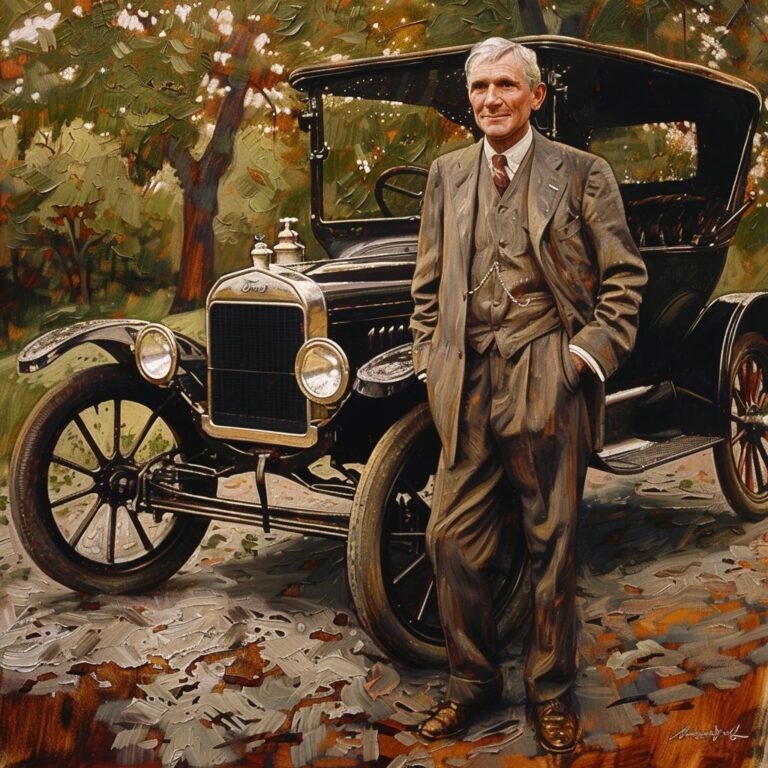Galileo Galilei was born on February 15, 1564, in Pisa, Italy, the same year as William Shakespeare.
He originally studied medicine at the University of Pisa but switched to mathematics after discovering his passion for the subject.
Galileo is known for improving the telescope, which allowed him to make significant astronomical discoveries, including the four largest moons of Jupiter, now known as the Galilean moons.
He was the first to observe and document the phases of Venus, providing strong evidence for the heliocentric model of the solar system, which posits that the Earth revolves around the Sun.
Galileo's support of the heliocentric theory brought him into conflict with the Catholic Church, leading to his famous trial by the Roman Inquisition in 1633.
The phrase 'And yet it moves' (E pur si muove) is often attributed to Galileo after his recantation of heliocentrism, though there is no historical evidence he actually said it.
Galileo Galilei discovered that the Milky Way is composed of countless stars, challenging the belief that it was a nebulous cloud.
He also made important contributions to the study of motion, including the concept of inertia, which later influenced Sir Isaac Newton's laws of motion.
Galileo conducted experiments by dropping objects of different masses from the Leaning Tower of Pisa to demonstrate that their speed of descent was not dependent on their weight, contrary to Aristotelian belief.
Galileo Galilei invented the thermoscope, a precursor to the modern thermometer, which could measure temperature changes.
Galileo's work 'Dialogue Concerning the Two Chief World Systems' compared the Copernican system with the traditional Ptolemaic model, advocating for the heliocentric view.
Despite his achievements, Galileo spent the last years of his life under house arrest due to his conflict with the Church over heliocentrism.
In addition to his scientific work, Galileo was an accomplished lutenist, having learned to play the lute from his father, a music theorist.
Galileo's contributions to science were recognized posthumously, and he is often credited as a key figure in the Scientific Revolution.
In 1992, the Catholic Church formally acknowledged its error in condemning Galileo, clearing his name of heresy.


